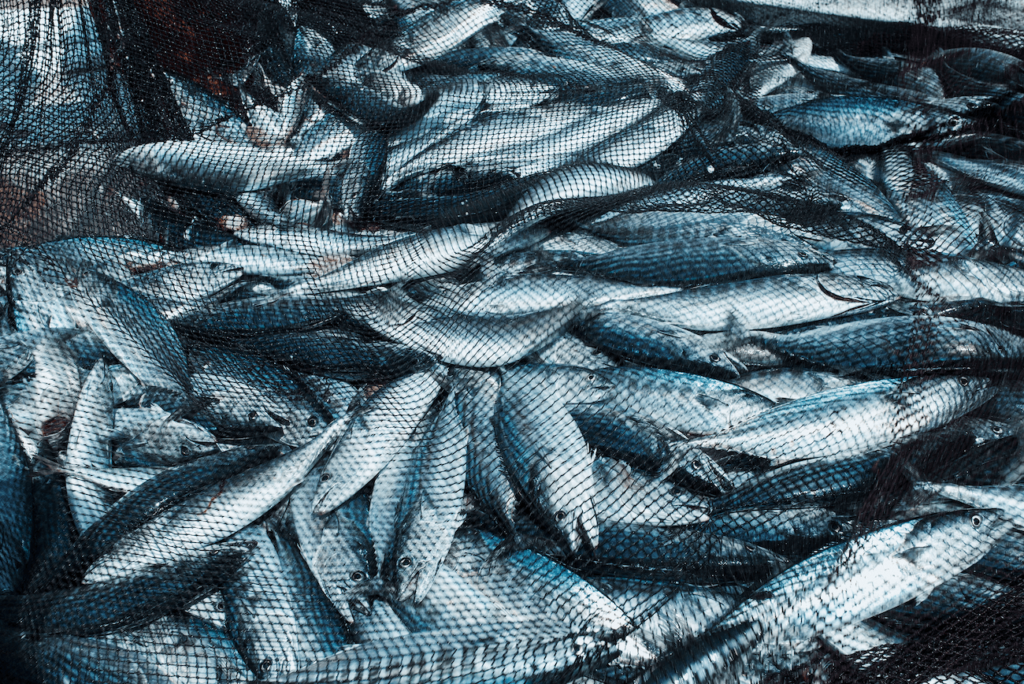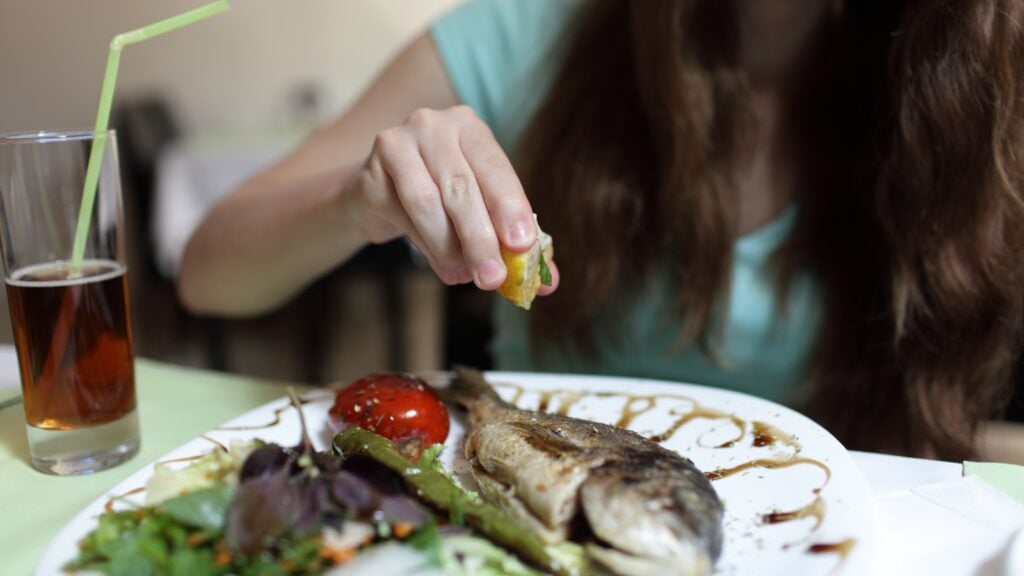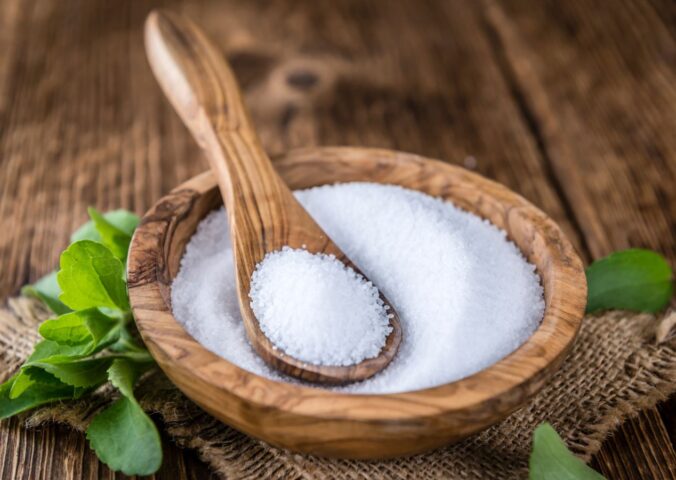A new study has linked eating fish to an increased risk of melanoma, a severe form of skin cancer.
Melanoma is widely considered the most dangerous variety of skin cancer; it’s the most invasive and has the highest risk of death. Melanoma is rare, and a significant number of cases are caused by the sun. In fact, one UK study found that exposure to the sun’s ultraviolet radiation was responsible for 86 percent of melanomas.
Further, a person’s risk of developing melanoma doubles if they have had more than five sunburns. (However, just one severe sunburn in childhood or adolescence can also double one’s risk).
But what we eat could play a role too, according to a recent analysis by a Brown University team.
Skin cancer research
The study was published in the journal Cancer Causes and Control. It included 491,367 adults in the US who were, on average, 62-years-old.
Participants reported their intake (including frequency and portion sizes) of fried fish; non-fried fish or seafood (like lobsters, crabs, clams, and shrimps); and tuna, including oil- and water-packed products.
Using data from cancer registries, researchers tracked participants’ new melanomas over a median period of 15 years. They accounted for sociodemographic factors as well as smoking, body mass index, physical activity, family history of cancer, and the average ultraviolet radiation levels in each participant’s area.
They also accounted for participants’ daily intake of alcohol, caffeine, and calories.
During the study period, 1 percent of participants (5,034 people) developed malignant melanoma. Meanwhile, 0.7 percent (3,284) developed stage 0 melanoma (also called in situ), whereby cancer cells are still confined to the very outer layer of the skin and have not spread into the second layer.
Researchers found that eating more non-fried fish or tuna increased the risk of both forms of melanoma.

Compared to individuals who consumed 0.3 grams (.01 ounces) of tuna each day, those who ate 14.2 grams (0.5 ounces) had a 20 percent higher risk of malignant melanoma. They also had a 17 percent higher risk of stage 0 melanoma.
For non-fried fish, eating 17.8 grams (0.62 ounces) – compared to 0.3 grams – was associated with an 18 percent higher likelihood of malignant and a 25 percent higher risk of stage 0 melanoma.
Researchers did not find any significant associations between fried fish and melanoma risk.
Mercury and fish
Study author Eunyoung Cho is an associate professor of dermatology and epidemiology at Brown, an Ivy League research university in Rhode Island.
Cho theorizes that the link between seafood consumption and cancer could be due to the presence of biocontaminants, such as mercury.
“We speculate that our findings could possibly be attributed to contaminants in fish, such as polychlorinated biphenyls, dioxins, arsenic, and mercury,” Cho said in a statement. “Previous research has found that higher fish intake is associated with higher levels of these contaminants within the body and has identified associations between these contaminants and a higher risk of skin cancer.”
“Mercury consumption in the US is mostly from fish,” Cho noted. “So if mercury is related to skin cancer, then it stands to reason that fish intake may be related, too.”
Nowadays, nearly all fish contain traces of mercury, and humans are largely to blame. According to a 2018 United Nations Environment Programme report, human activities have increased total atmospheric mercury concentrations by roughly 450 percent above natural levels.
High levels of mercury can damage the kidneys and liver, as well as the nervous, digestive, and immune systems. It can also become fatal.
Cho noted that the study did not investigate mercury or other contaminants. Therefore, “further research is needed to confirm this relationship.”






